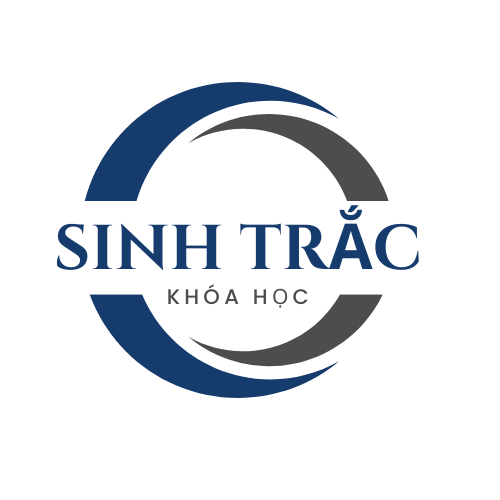Online law practitioners concentrate on navigating the multifaceted judicial framework of digital activities, spanning privacy laws, intellectual property rights, and cross-border compliance. Their specialized knowledge connects the divide between established legal norms and the particular obstacles arising from the global reach of the internet ecosystem[1][4][5]. https://internetlawyers.net/
## Fundamental Functions of Digital Law Specialists
### Privacy and Data Security
Cybersecurity experts verify conformity with worldwide mandates like the GDPR and CCPA, specifically for businesses processing consumer information across diverse regulatory regions[1][5]. Recent cases entail counseling SaaS providers on data breach protocols and cross-border data transfers[3][14].
### IP Rights Enforcement
Critical functions encompass resolving domain disputes, combating counterfeit goods on online marketplaces, and tackling unauthorized content use in user-generated content[5][10][16]. As an illustration, law firms like Panakos Law routinely initiate cybersquatters under the ACPA[7][12].
### Regulatory Compliance and Risk Mitigation
Legal professionals draft user agreements, privacy policies, and artificial intelligence compliance structures to reduce legal exposure[3][8]. As nearly all British practices adopting AI tools, internet lawyers now audit algorithms for fairness assurance and ethical deployment[6][8].
## Digital Tool Adoption in Contemporary Legal Work
### AI-Powered Legal Tools
Services such as ROSS Intelligence leverage natural language processing to review legal documents 80% more rapidly than traditional approaches, identifying contractual inconsistencies and potential liabilities[3][8]. Forecast modeling systems assess historical rulings to estimate success probabilities with high precision[6][11].
### Distributed Ledger Solutions
Innovative uses feature automated contracts for digital rights management and NFT authenticity verification[8][11]. Firms like Marshall, Gerstein & Borun lead in digital ownership disputes, setting precedents for virtual currency laws[9][14].
## Global Jurisdictional Challenges
### Clashing Legal Standards
Companies operating in multiple nations face opposing requirements, such as EU’s “right to be forgotten” versus American First Amendment rights[1][10]. Recent rulings in New York tribunals highlight the unenforceability of territory-restricting terms in online terms of service[4][9].
### Cross-Border Litigation Strategies
Effective approaches include selecting favorable jurisdictions and leveraging global agreements like the Budapest Convention[16][18]. Panakos Law regularly files claims in ICANN-approved arbitration centers to regain website addresses within two months[7][12].
## Ethical Considerations in Digital Law Practice
### Machine Learning Oversight
Leading firms implement prejudice identification systems and openness guidelines to preserve client confidence in AI-assisted judgments[6][8]. For example, industry analyses suggest external reviews for all litigation outcome forecasters[6][11].
### Information Control Controversies
Current disputes focus on state data requests versus corporate privacy commitments. Recent EU court rulings requires US tech firms to store EU citizen information domestically, intensifying online data management[3][14].
## Future Outlook for Internet Law
### Decentralized Autonomous Organizations
Expected laws will tackle smart contract liabilities and NFT ownership rights, demanding innovative adherence approaches from Web3 enterprises[8][11]. Firms like Adlex Solicitors already provide token sale guidance across multiple legal regions[18][16].
### Advanced Tech Readiness
Upcoming challenges encompass post-quantum cryptography standards and AI-generated deepfake litigation. Innovative lawyers collaborate with MIT researchers to develop deepfake identification systems for courtroom use[8][11].
